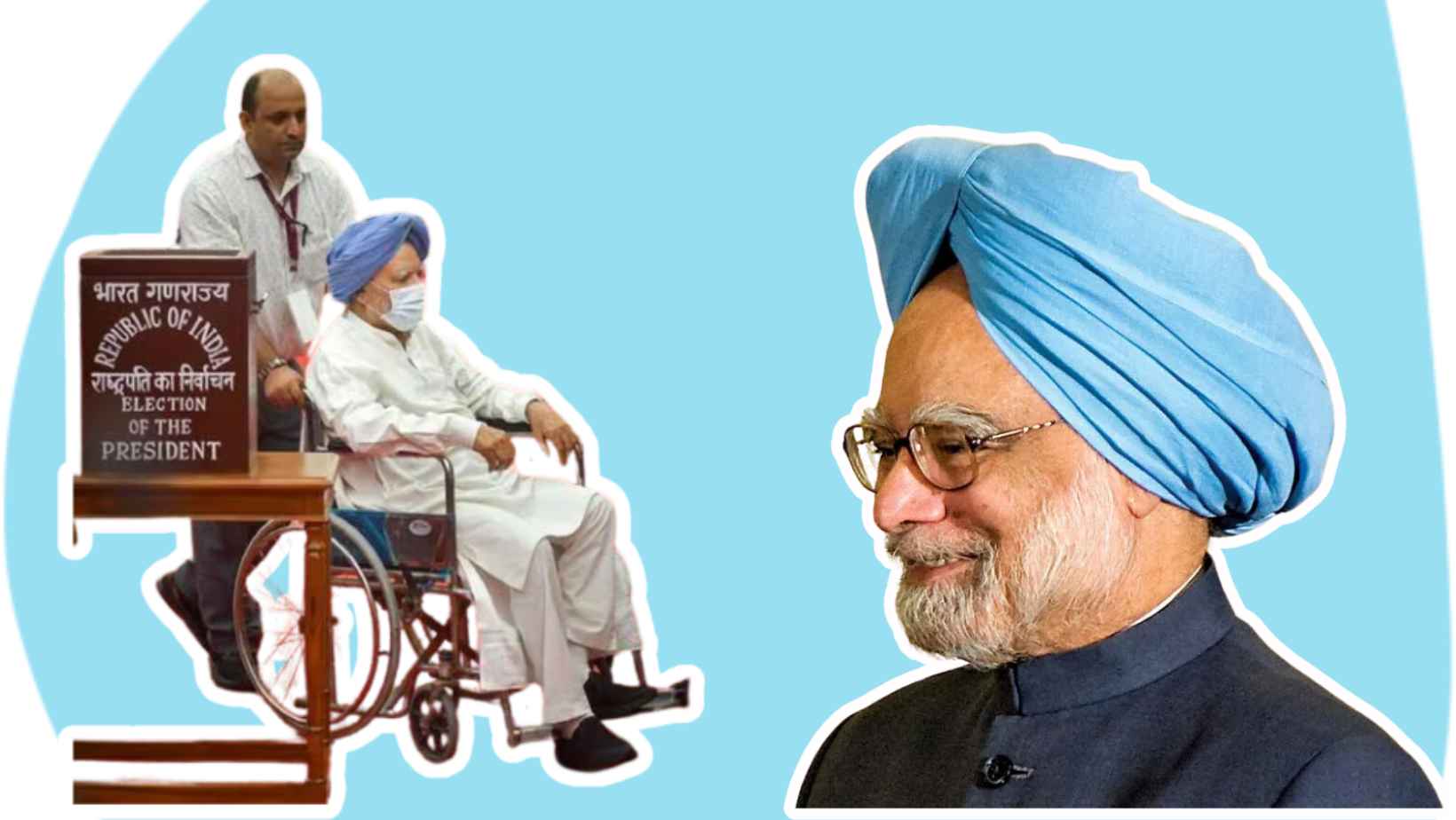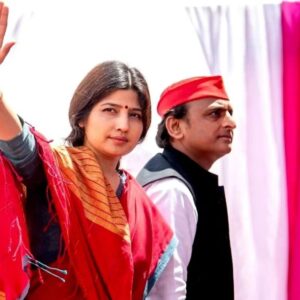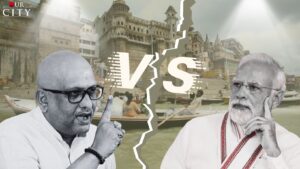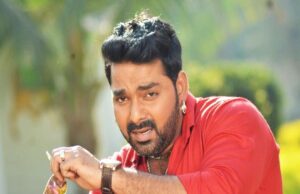–An Article by Momodou Lamin Jallow
“Always spotted on with a sky blue pagdhi, this Sardar, the quietest yet knowledgeable one, Dr. Manmohan Singh, has been ailing and hence has decided to take retirement.”
As Dr. Manmohan Singh, the former Prime Minister of India, approaches retirement from his tenure as a Rajya Sabha MP, his decades-long dedication to public service leaves behind a profound legacy. At 91 years old, his decision to step back from active politics due to health concerns prompts a moment of reflection on his remarkable contributions to Indian democracy and governance.
Throughout his illustrious career, Dr. Manmohan Singh has exemplified integrity, intellect, and a steadfast commitment to advancing the welfare of the nation. Despite facing physical challenges in recent years, he remained resolute in his duties as a parliamentarian, symbolizing his unwavering dedication to democratic principles.
His Early Life…
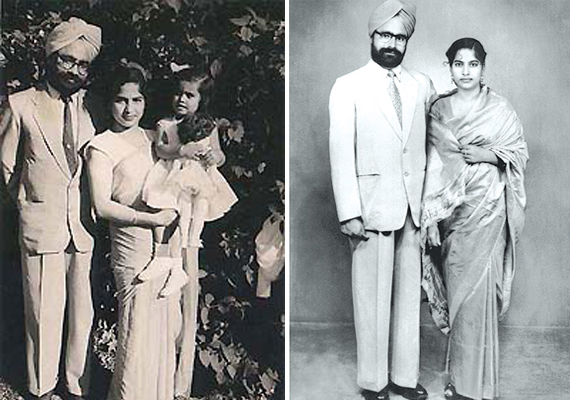
- Born in Gah, West Punjab, now in Pakistan; migrated to India during the 1947 partition.
- Earned a doctorate in economics from Oxford University.
- Worked for the UN from 1966 to 1969.
- Began a bureaucratic career as an advisor in the Ministry of Commerce and Industry, hired by Lalit Narayan Mishra.
- Held significant government roles during the 1970s and 1980s:
- Chief Economic Advisor (1972–1976)
- Governor of the Reserve Bank (1982–1985)
- Head of the Planning Commission (1985–1987)
Leader of Globalisation, 1991
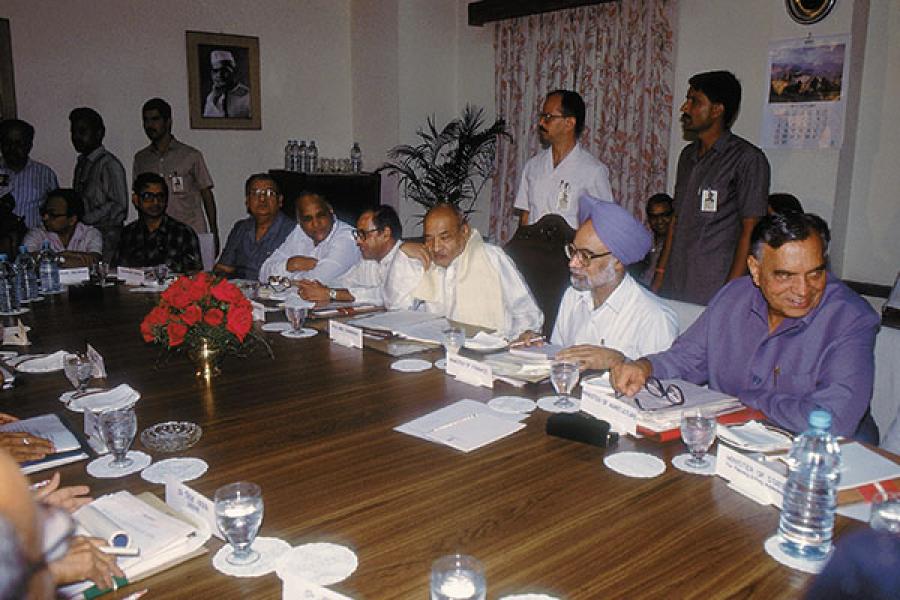
In 1991, during a severe economic crisis in India, Prime Minister P. V. Narasimha Rao appointed Singh, a non-political figure, as the Finance Minister. Despite strong opposition, Singh implemented significant structural reforms that liberalized the Indian economy, earning global recognition as a reform-minded economist..
In 1991, India faced a severe economic crisis with a fiscal deficit of nearly 8.5% of GDP, a substantial balance of payments deficit, and meager foreign reserves. Seeking assistance from the International Monetary Fund (IMF), the government, under Prime Minister P. V. Narasimha Rao, accepted IMF conditions, leading to the dismantling of the License Raj and the end of India’s state-controlled economy. Finance Minister Manmohan Singh, a key architect of India’s socialist economy, played a pivotal role in implementing policies that opened up the economy, reduced state control, and initiated privatization. Despite these reforms, Rao’s government was voted out in 1996.
The Accidental Prime Minister:2004 to 2014
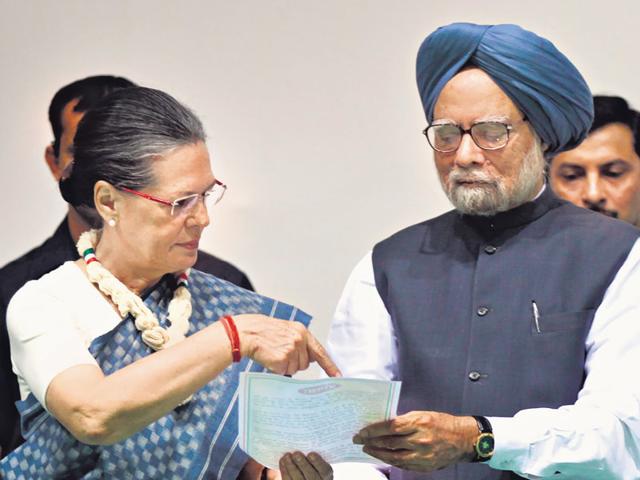
Often he was criticized for being quiet and a puppet to Sonia Gandhi, President of Congress party. He was not appreciated for holding such a powerful chair yet not utter a word. But Dr. Singh’s tenure as Prime Minister from 2004 to 2014 marked a transformative period in India’s economic and social landscape. He steered the country through significant policy reforms, including the implementation of the Right to Information (RTI) Act and the National Rural Employment Guarantee Act, aimed at empowering the marginalized and fostering inclusive growth.
Under his leadership, India witnessed unprecedented economic growth, coupled with efforts to alleviate poverty and enhance social welfare programs. Despite facing criticism and challenges, Dr. Singh’s government navigated the complexities of governance with grace and pragmatism, leaving a lasting impact on the nation’s trajectory.
His tenure was not without its share of controversies, including high-profile corruption scandals that tarnished the image of his government. However, Dr. Singh’s unwavering commitment to transparency and accountability set a benchmark for ethical governance in Indian politics.
The Former PM Now…

As he bids farewell to the Rajya Sabha, Dr. Manmohan Singh receives accolades from across the political spectrum for his exemplary service to the nation. Prime Minister NarendraModi, in a rare moment of bipartisan recognition, lauds Dr. Singh’s contributions to democracy, highlighting his commitment to duty and his role in strengthening democratic institutions.Write this again Manmohan Singh’s contributions will surely figure,” Modi said in the Rajya Sabha
“In a wheelchair to cast his vote on an issue even when “it was clear the treasury benches would win”.
“It isn’t a question of who he came to strengthen. I take it he came to strengthen democracy,” Modi said.
Dr. Singh’s legacy extends beyond his tenure as Prime Minister. Before assuming the highest office in the land, he held key positions such as Leader of the Opposition in the Rajya Sabha, Union Finance Minister, and Governor of the Reserve Bank of India. His expertise in economics and finance played a crucial role in shaping India’s economic policies and liberalization efforts.
In retirement, Dr. Manmohan Singh’s voice will continue to resonate in public discourse, drawing on his vast experience and insights to contribute to national debates on governance, economic policy, and social development. His departure from active politics marks the end of an era but leaves behind a legacy that will inspire future generations of leaders to uphold the values of integrity, compassion, and service to the nation.
As India bids farewell to one of its most eminent statesmen, Dr. Manmohan Singh’s contributions to the nation’s progress will be remembered with gratitude and reverence, serving as a guiding light for the path ahead.
.

